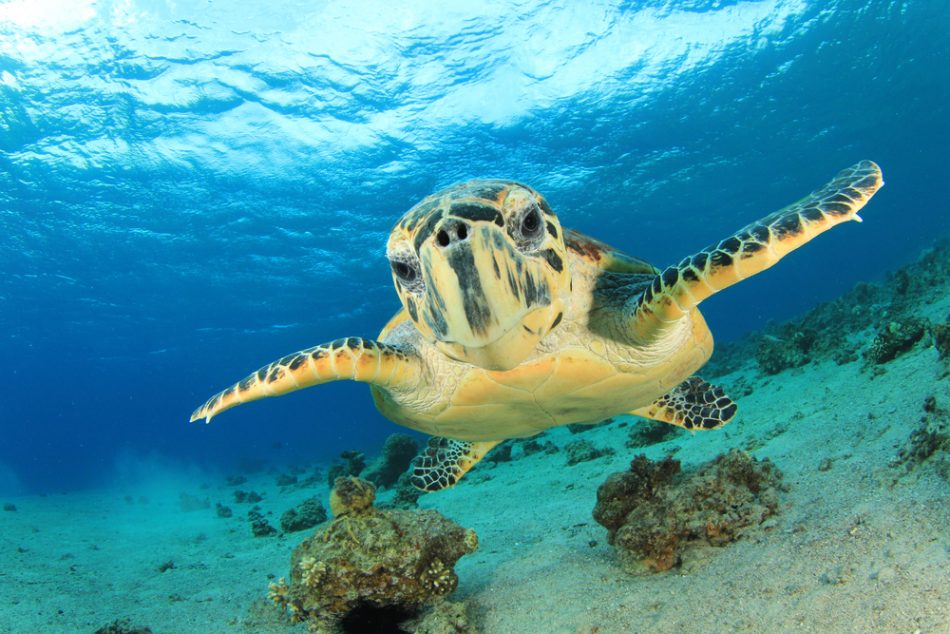Following a devastating oil spill on the Israeli coastline this week, an unexpected ingredient is being used to save endangered sea turtles in the region. Volunteers from Israel’s National Sea Turtle Rescue Center are feeding the green sea turtles mayonnaise to flush out their digestive tracts.
The oil and egg yolk-based condiment works to clean the digestive system and break down the tar that has been ingested by many of these turtles. It’s especially helpful in cleaning tar out of the animals’ tracheas. So far, the treatment has been successfully used on 11 turtles receiving care at the rescue center.
The mayonnaise treatment does pose a new problem: sea turtles with an affinity for eating mayonnaise, but researchers say weaning the animals off the food is far easier than waiting for the tar to move through their system naturally, which often isn’t possible.
Preventing these spills in the first place is the best option for protecting sea turtles, but when a crisis does strike, it’s good to know that humble mayonnaise can be an ecological solution.












